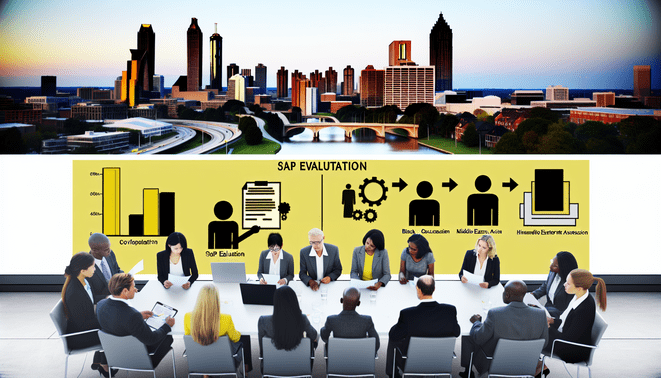Do you ever feel like your anger is taking control of your life? You’re not alone. Anger can sneak up on you, turning small problems…
Introduction to SAP Evaluation Assessment The SAP evaluation assessment plays a critical role in addressing substance abuse issues within the Atlanta region, aligning with both…
Understanding Family Violence: An Overview Family violence prevention programs have emerged as essential tools in tackling the underlying causes of domestic violence while promoting healthier…
Understanding Anger Management Evaluations Anger is a natural emotion, but when it becomes uncontrollable, it can lead to significant problems. An anger management evaluation Atlanta…








